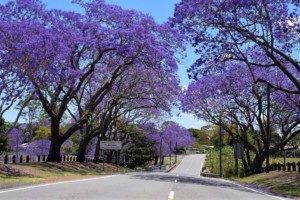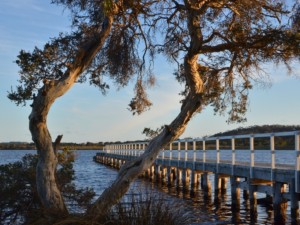Good news in tourism May 24 – 30, 2020
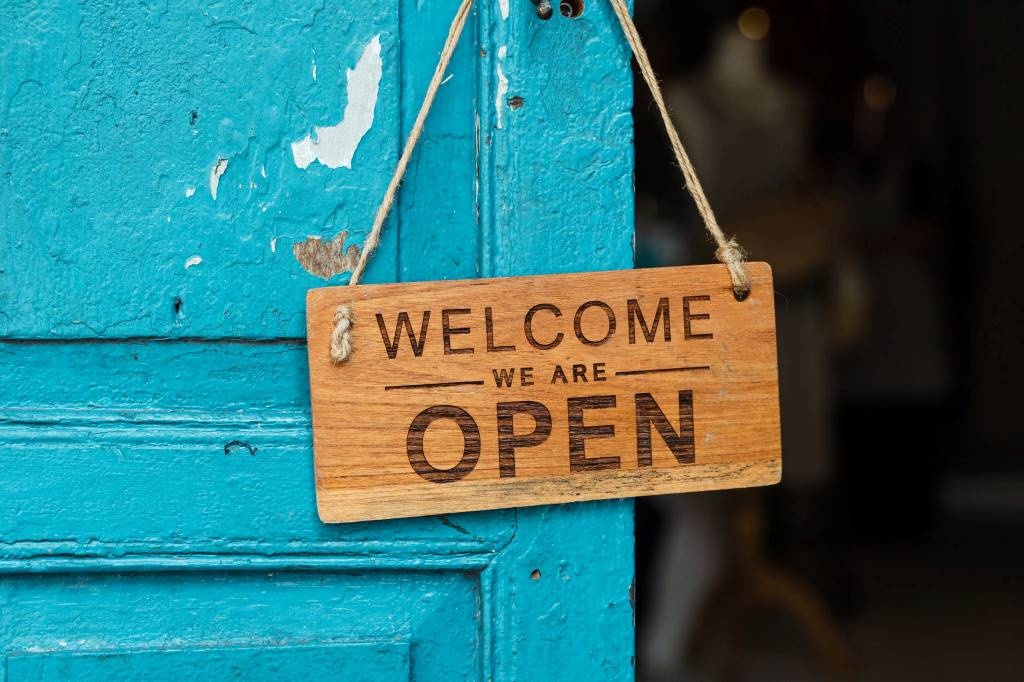
… because it’s everyone’s business!
Published Sunday to be ready Monday, “Good news in tourism” is the perfect pick-me-up for the start of a new week in travel & tourism. And go!
Important “Good Tourism” (“GT”) stuff first:
How does a special forces soldier become a proponent and awardee for sincerely responsible tourism? In a “GT” Insight published Tuesday, Shane K Beary of Track of the Tiger TRD and Volunteers Without Borders takes us back to his past before asking us to consider his vision for a more equitable community-based travel & tourism industry. And it’s all about the supply chain!
Reminder: Register here for the final instalments of the webinar series “Keeping the Dream Alive”. The series has been organised by “GT” Insight Partner the World Tourism Association for Culture & Heritage to help travel & tourism through the COVID-19 crisis. Podcast recordings of past episodes are also available.
Health & safety
As more places open up, or plan to, it seems the definition of “responsible tourism” must now include standards for hygiene, sanitation, and physical distancing. Destinations and operators keen to open for business may be well-served by constantly reminding — and requiring — locals, visitors, staff, and guests to strive for and maintain high standards.
WTTC says they will be handing out health-related — rubber? — stamps of approval, which have been ticked off by global big travel brands and the global big government tourism organisation … Globalists rejoice!
But more nimble destinations are way ahead of the UNWTO and co … So they should be. And they presumably heed appropriate medical advice for local conditions and their specific circumstances …
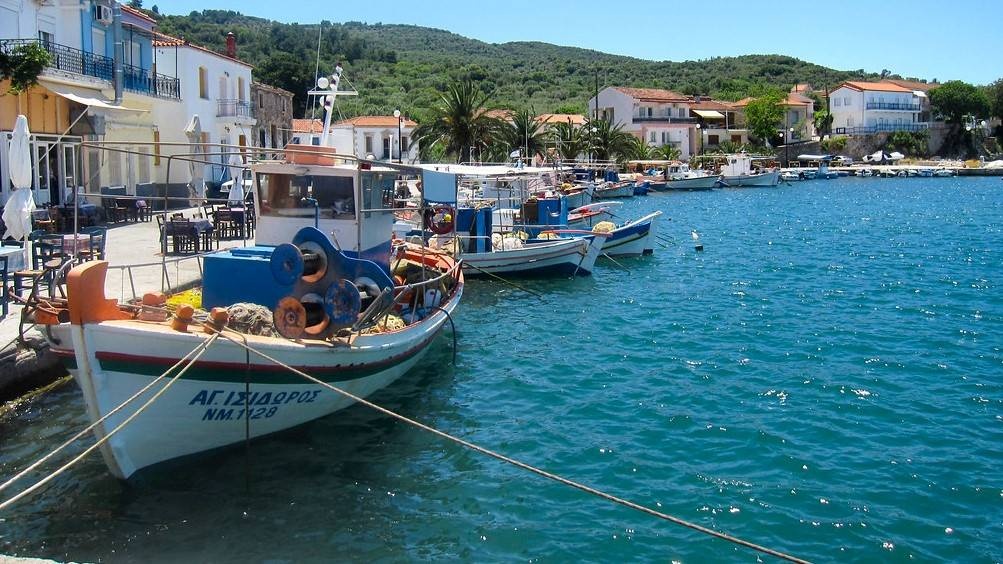
Physical distancing regulations in restaurants and cafes, and passenger limits on ferries have been imposed in Greece as it races “to salvage its tourism season”. Furthermore, intensive care units have been placed on five islands: Lesbos, Samos, Rhodes, Zakynthos, and Corfu. There was already one on Crete. Regular ferry services to the Greek islands restarted on Monday as cafes and restaurants also opened.
Cambodia’s Ministry of Tourism is working with the private sector to introduce standard operating procedures for health & safety, “adding to the Ministry of Health’s guidelines”. These will be introduced by the end of May. (By the way, more than 4,000 of the 250,000 visitors to ecotourism attractions in the first two weeks of May were foreign.)
Indonesia’s Ministry of Tourism & Creative Economy will trial its CHS (cleanliness, health, and safety) program in Bali. The program aims to increase trust in Indonesia’s tourism industry among domestic and foreign travellers. President Joko “Jokowi” Widodo says tourist destinations, to be eligible for reopening, should first have a COVID-19 basic reproduction rate (R0) of less than one.
Thailand’s Tourism & Sports Ministry wants the COVID-19 Situation Administration to gradually lift the lockdown on domestic tourism from June 1. The Tourism Authority of Thailand is hoping “70% of the tourism supply chain will join the new safety standards of the Safety & Health Administration”.
The Emirate of Sharjah will strictly adhere to the UAE’s health and safety protocols as it pursues a phased reopening of its hospitality, ecotourism, and leisure sectors. According to its COO Ahmed Obaid Al Qaseer, the Sharjah Investment & Development Authority “has a single-minded approach in enforcing these protocols and [we] expect our guests to fully cooperate and take individual responsibility”. The policy is much the same in the Emirate of Ras Al Khaimah.
In South Australia, a “step two easing of restrictions” will be brought forward to Monday, June 1. Venues are being asked to complete a COVID Safe Plan for potential inspection by SA Health or SA Police officials. Alcohol can be served without food! “This means our city’s many wine bars and our regional pubs can re-open to the community and help entice even more South Australians to get out and experience our state,” South Australian Tourism Commission chief Rodney Harrex said.
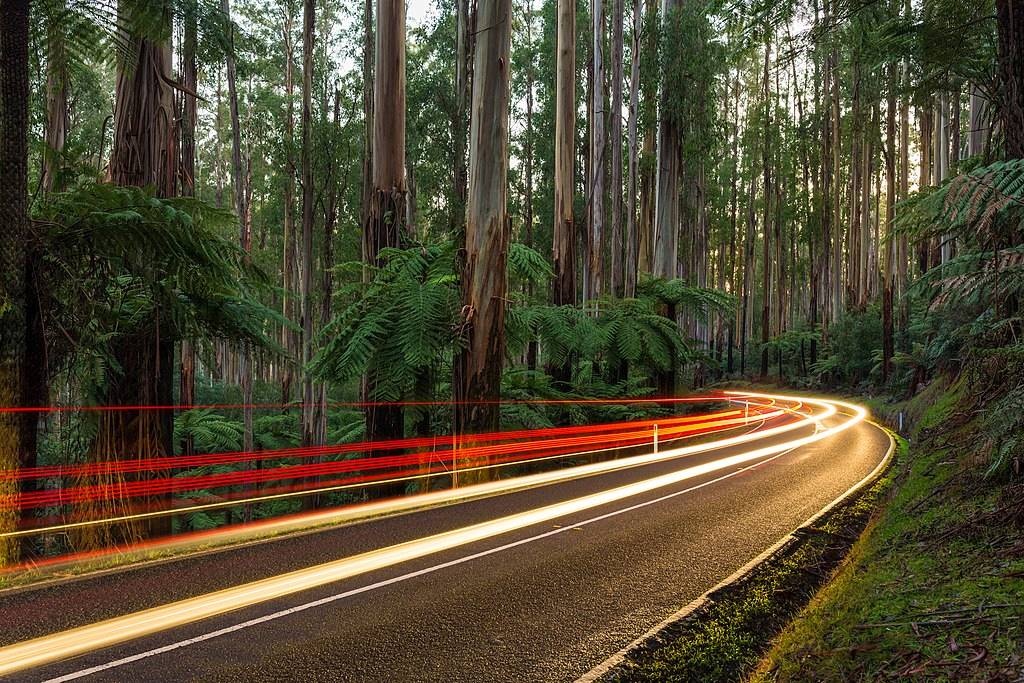
The Yarra Ranges Council in Victoria, Australia is asking visitors to avoid overcrowding at tourist attractions, including outdoors. Councillor Jim Child: “If you’re planning a visit to the Yarra Ranges, please be flexible and willing to find a new spot to visit if you see a full carpark. […] We have hundreds of reserves, parks and beautiful outdoor areas and if we’re all mindful of each other, we’ll be able to keep enjoying them …”
Cathy Ritter of the Colorado Tourism Office in the USA says there has been “a slow but steady return of tourism spending”. Her Office is asking travellers to “practice our new definition of responsible tourism”, which includes “showing care for the people who call those destinations home”. (Unfortunately, mainstream media failed to show care recently, by allegedly taking Ms Ritter’s words “completely out of context”. What’s new?)
At the local level, Durango, Colorado is launching a safety-focused campaign, #CareForDurango, to highlight what the town’s businesses are doing to “keep their properties clean and customers and residents safe”. Visit Durango boss Rachel Brown wrote: “Durango is a healthy community and we plan on keeping it that way.”
Montana, USA will enter phase two of its plan for “Reopening the Big Sky” on June 1. Governor Steve Bullock announced “additional resources for community testing and contact tracing in high-visitation communities, an informational campaign to educate visitors on responsible travel, and a grant program for small businesses across the state to implement safety measures”.
In Chicago, Illinois, USA, more than 250 local tourism, hospitality, and MICE organisations have signed a “pledge promising alignment, collaboration and socially responsible tourism and hospitality that will instill confidence in residents and visitors as they return to Chicago” post-lockdown.
Parks & recreation
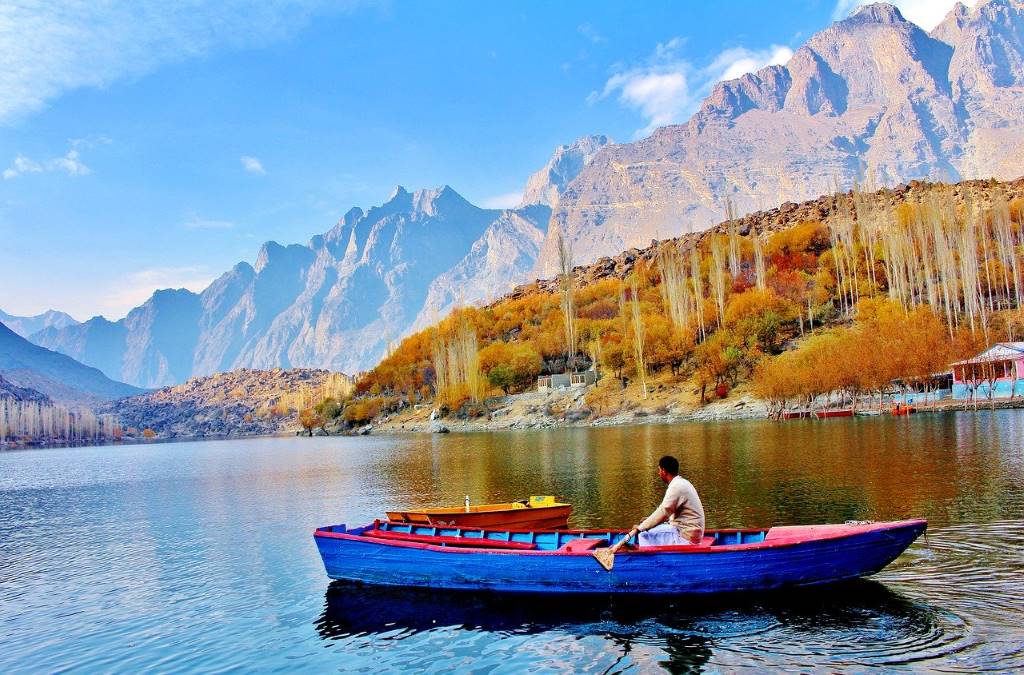
Pakistan PM Imran Khan will soon launch “a major protected area initiative”. The Ministry of Climate Change will establish “six model national protected parks in different areas of the country”. Climate Change Minister Malik Amin said that they will preserve habitat and wildlife through a focus on ecotourism. It’s all part of the “Green Stimulus” for “green jobs” as well as the “Billion Tree Tsunami Program”.
“Big waves of visitors during the holiday season” will not be part of the “new normal” for Thailand’s national parks, according to Dumrus Phoprasit, director of the National Park Office. Limits will be placed based on carrying capacity. Tourists will be required to “register for a visit or book tickets in advance”. And each of the Kingdom’s 157 national parks will be closed for at least two months every year.
In Malaysia, Pahang Tourism & Culture Ministry chair Datuk Idrus Yahya reckons tourism operators with a stake in Taman Negara National Park are planning for a “new normal” with new messaging and standard operating procedures. (In the Malay language, taman negara means “national park”.)
As part of South Australia‘s broader “Parks 2025” strategy, the AUD 5 million (USD 3.3 million) Nature-Based Tourism Co-Investment Fund will “support local jobs, benefit tourists [and the] community and have positive conservation outcomes”, the state’s Minister for Environment & Water David Speirs said. Tourism Industry Council of South Australia chief Shaun de Bruyn reckons 20% of tourism dollars spent in the state has “a nature and heritage tourism component”.
“GT” is hungry. Feed “GT”.
To skip this opportunity, simply scroll down to the next subheading …
“GT” is hungry. “GT” is hungry for original content.
An open invitation
How about reflecting on your achievements, mistakes, and lessons learned; outlining your vision for the future of travel & tourism; telling the story of your “Good Tourism” journey, whatever “good” means to you; sharing your “GT” Insights?
You don’t have to be invited by a “GT” Insight Partner to contribute a “GT” Insight. This is an open invitation from “GT” to you. Simply follow the simple “GT” Insight guidelines.
Even if you’re weird …
… “GT” will publish your ideas; so long as they are within the bounds of legality, topicality, decency, and good faith, and they meet the “GT” Insight guidelines.
A fascination with “weird” is why many of us like to travel. Yet some who advocate for “diversity” have forgotten what diversity really means. Diversity can be so weird as to be confronting. Diversity does not care about anyone’s feelings or political leanings. Diversity is all about authenticity!
“GT” offers a “safe space” for all sorts of perspectives on “Good Tourism”, including weird ones. Be authentic. Be you, because — to be cheesy about it — there’s no-one better at being you than … you! And what better time than now to stand out from the crowd?
So go ahead and share your “GT” Insights, even if they’re weird …
Can’t write?
Of course you can write! And “GT” will help you by proof-reading and lightly editing your “GT” Insight to ensure your happiness before it is published. It’s all part of the “GT” service for “GT” Friends made possible by “GT” Partner NewMedia.pro. And if you are a confident writer, you will undoubtedly appreciate the value of a fresh pair of eyes. (Yuor croerpsnoendt culod bnefiet form taht oacscoilalny.)
Support an independent publisher
By entrusting “GT” with your original insights you will be supporting an independent publisher. Unlike the big tech firms with the self-publishing tools that make it easy for you to give them your content — Facebook, LinkedIn, Medium … all of them! — your correspondent is a real person who shares your industry interests and considers you a colleague and friend. The impersonal big tech firms treat you and your content as data; grist for their algorithmic mills so that they might offer you up as a micro-target for political propagandising and asinine advertising.
Don’t feed their machines. Feed “GT”. Share your “GT” Insights.
Friends in need are friends indeed
As lockdown lengthens, more tins rattle … Here are fundraisers well worth considering due to the involvement of “GT” Friends:
“GT” Insight Partner Second Look Worldwide is endorsing a worthy fundraiser organised by “GT” Friend James Nadiope. Mr Nadiope said: “Since Uganda went into quarantine with total lockdown followed by curfew many families where we work go empty stomach with no food to eat. I would like to appeal to all well-wishers for financial donations to help these vulnerable families.” [Callback: In January, Mr Nadiope contributed a “GT” Insight into “How bees, trees, & tourism reduce human-wildlife conflict in Uganda”.]
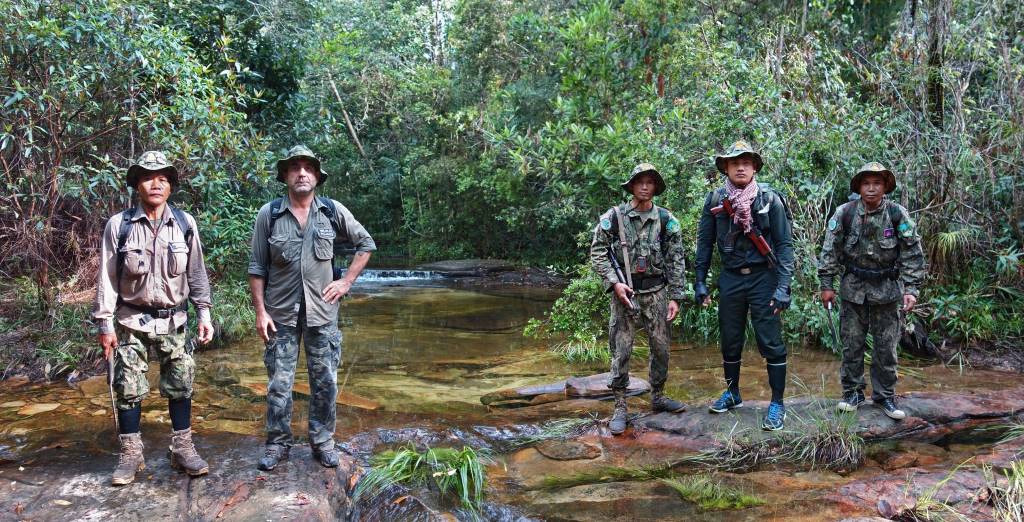
The temporary closure of Cardamom Tented Camp due to the COVID-19 shutdown has meant that forest patrols by Wildlife Alliance rangers in Botum Sakor National Park in southwest Cambodia may have to be suspended. The rangers’ equipment, food, and wages are provided in entirety by the Golden Triangle Asian Elephant Foundation (GTAEF) and Cardamom both of which depend on tourism. And there is no tourism. An emergency fundraising page to keep rangers employed and adequately supplied is live … and worthy. [“GT” Friends Willem Niemeijer and John Roberts are associated with the fundraiser via Cardamom and GTAEF respectively.]
The expression “an elephant in the room” means an uncomfortable truth we cannot ignore. With tourism cash flows stemmed, many Asian elephants and their mahouts in Thailand and elsewhere are in deep trouble. “GT” Friend Hollis Burbank-Hammarlund of Work for Wild Life International wrote about why that’s the case and how we can help.
Not a fundraiser as such, but an idea for accommodation providers: “GT” Friend Rachel Sherwood, a travel blogger from Oxfordshire in England, is organising well-deserved holidays for healthcare workers at the front lines of the coronavirus COVID-19 fight. Operation Recuperation is collecting pledges from accommodation providers and second home owners from all over the world. “GT” invited Ms Sherwood to write about “Operation Recuperation” and how hotels and resorts can get involved.
Follow, flatter, finance
To skip this shameless cry for help, simply scroll down to the next subheading …
If you like “GT” and you don’t want to miss a thing, then subscribe to “GT’s” weekly e‑news — it’s free — and follow “GT’s” various socials, such as its LinkedIn page.
Join the conversation. Within reason — legality, topicality, decency, and good faith — all points of view are welcome … especially flattering ones, of course! 😎
And if you find “GT” inspiring, interesting, somewhat amusing, or at least different — because diversity is good, yeah? — then surely it’s worth a little something to you.
Please …
It would mean a big something to “GT”!
Thank you very much to those who have donated. 😍 Note: Given “GT’s” propensity to rattle cages, your correspondent’s starting assumption is that donations should be kept private and confidential. If you are happy to be publicly acknowledged that would be brilliant. Simply let your correspondent know. Thanks!
Pandemic ponderings
The “thousands” of work-permit holders leaving Cayman Islands due to job loss opens the door for Caymanians to take a look at tourism careers or tourism businesses of their own, according to Department of Tourism Director Rosa Harris. The DoT has put on free webinars to help them. She reckons the British Overseas Territory is still a desired destination. And community-based tourism remains a priority.
Gabriel Farrugia, Projects Officer, Malta Tourism Society: “On a local level, stakeholders involved in the tourism and heritage industry are faced with two options. The first is to work hard to reach the number of tourists as experienced prior to the global COVID-19 world. Secondly, they can go for a more sustainable tourism growth [by] adopting an integrated approach involving stakeholders directly influenced by tourism [including academics and communities] who could be involved in creating community-based tourism programmes, bringing visitors in contact with local customs, cuisine and curiosities.”
Chuck Thibeault, chief of Central Counties Tourism in Ontario, Canada, reckons the perception of tourism needs to change from attracting people from afar to strengthening the fabric of the local community. Georgina Chamber of Commerce boss Jennifer Anderson agrees. She reckons residents who shop and experience her town as tourists are vital to community recovery and business survival.
Odds & ends
Good news bits ‘n pieces that don’t easily fit into this week’s arbitrary clusters:
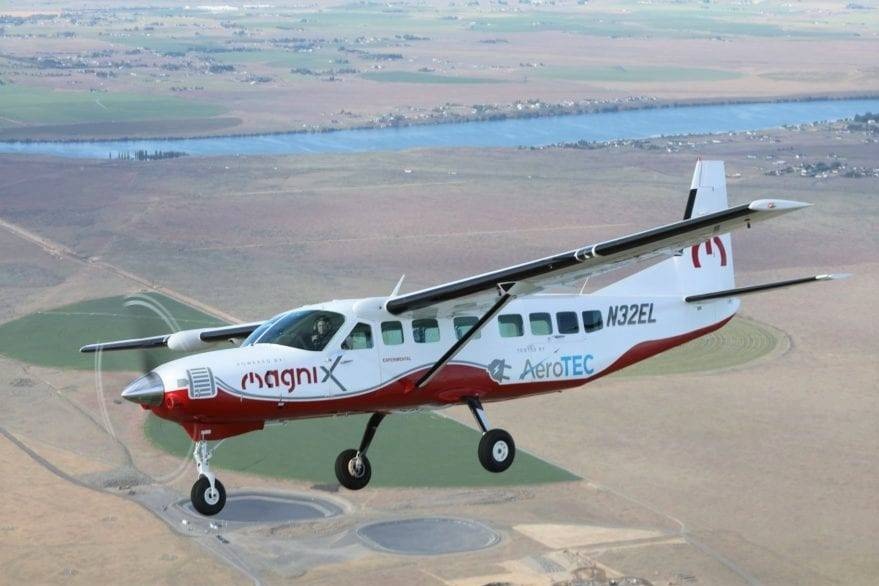
The first flight of the “largest all-electric commuter aircraft yet” took place Wednesday in Washington state, USA. Electric motor startup MagniX retrofitted a Cessna 208B Grand Caravan — “one of the most widely-used middle-mile aircraft” — with a 750-horsepower electric propulsion system. According to MagniX chief Roei Ganzarski, a 30-minute flight in that aircraft would normally consume more than US$300 worth of jet fuel, whereas the 30-minute test flight in the eCaravan used less than US$6 worth of electricity. MagniX expects to receive FAA certification by the end of 2021.
Three agencies have had their “busiest booking day on record”, according to Steve Wroe, chief of Daylesford Macedon Tourism in Victoria, Australia. Overnight stays are allowed from Monday, June 1 under the state government’s gradual easing of restrictions.
Nepal’s government has allocated NPR 1.26 billion (USD 10.3 million) for tourism promotion in the next fiscal year and will “provide travel leave for civil servants” to support domestic tourism.
“Gotta go? Then go!” A high school girl took an extraordinary 150-kilometre journey from her remote village in Kerala, India to sit a Secondary School Leaving Certificate examination. Embarking in the wee hours of Tuesday morning, Sridevi walked seven kilometres through a forest before travelling 143 kilometres by bike and ambulance. She was only 30 minutes late and was allowed to sit the exam in a room by herself.
Stay healthy, smile, and have a good week!
Featured image (top of page): Welcome. We are open. By Ketut Subiyanto (CC0) via Pexels.
To help your correspondent keep his energy-efficient lights on, please consider a private one-off gift or ongoing donation. THANK YOU to those who have! <3
You are a tourism stakeholder — yes, YOU! — so what’s your view? Do you disagree with anything you have read on “GT”? Join the conversation. Comment below or share your “Good Tourism” Insights. Diversity of thought is welcome on The “Good Tourism” Blog.
Disclaimer 1: It is “GT’s” policy to fully disclose partner/sponsor content. If an item is not disclosed as partner or sponsor-related then it will have caught “GT’s” attention by some other more organic means. Partner with “GT”. You know you want to.
Disclaimer 2: None of the stories linked from this week’s post have been fact-checked by “GT”. All terminology used here is as the linked sources used it according to the knowledge and assumptions they have about it. Please comment below if you know there has been buzzword-washing or blatant nonsense relayed here, but be nice about it as the linked sources might get offended. (“GT” won’t.) And as for “GT” bringing it to your attention so that you might be the one to set the record straight, you are welcome! 🙂


